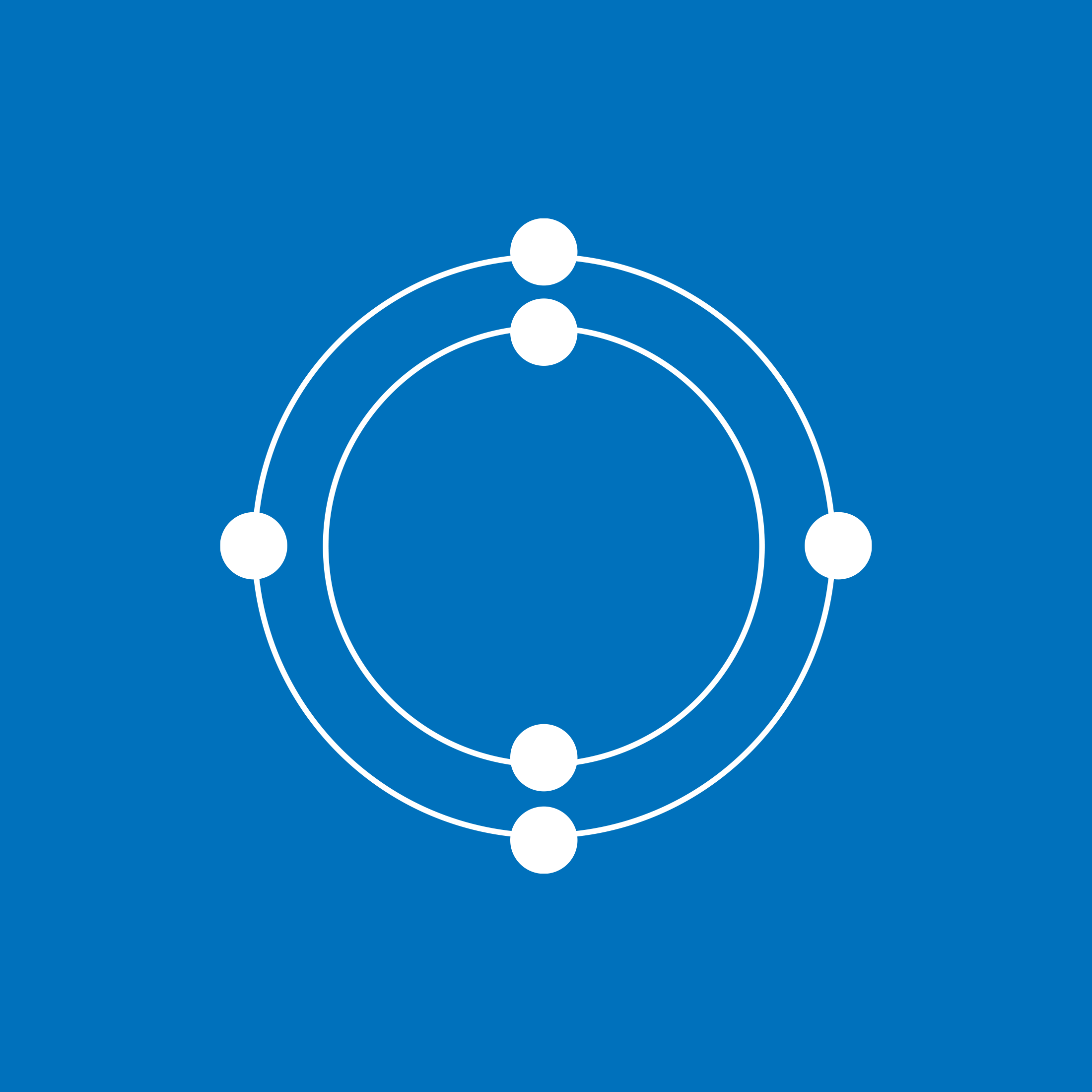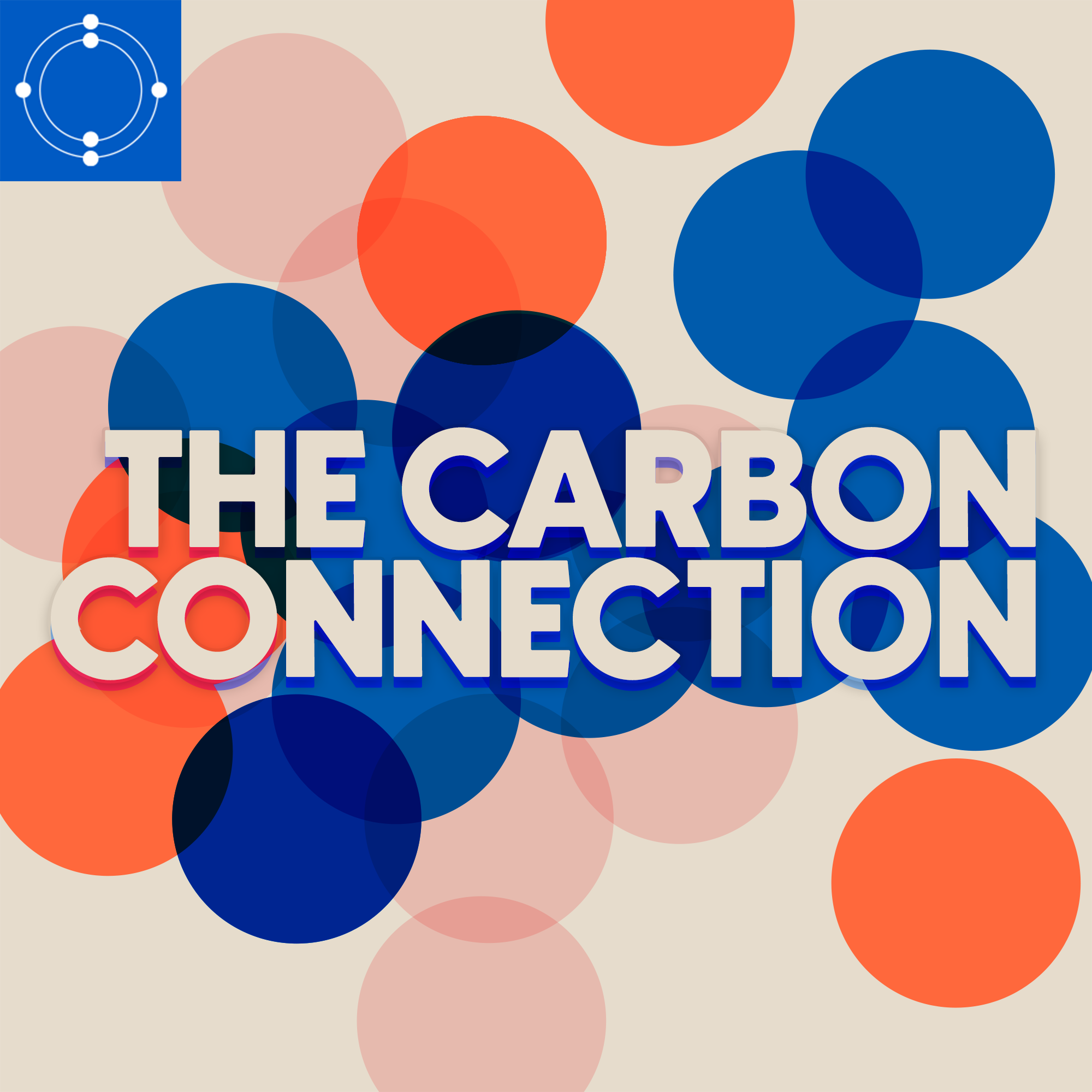Episode 17
ESG Insider – A New Economic Model for the Climate Change Era with Lindsey Hall and Esther Whieldon
SUMMARY
In this episode of The Carbon Connection, we learn about how reshaping our economic model can turn care for our planet into an intrinsic business driver. Ahead of this year’s Davos conference held by the World Economic Forum, Bruno Roche, former Mars Inc. chief economist and founder of the Economics of Mutuality platform, sat down with Lindsey Hall and Esther Whieldon of ESG Insider: A Podcast from S&P Global.
Bruno explains the theory and practice of stakeholder capitalism. That is, companies should operate for the purpose of “creating scalable and profitable solutions to the problems of people and planet” through mutual relationships with a diversity of stakeholders, not just shareholders.
We also learn that while a corporate focus on mutual value creation may seem like a new concept situated for our time, it is rooted in the very etymology of the word 'company.’
Explore more connections between corporate action and climate at https://thecarbonalmanac.org/connect-the-dots.
CONTRIBUTORS
Special Acknowledgment: Lindsey Hall and Esther Whieldon, hosts of ESG Insider: A Podcast from S&P Global
Episode Producer: Iruka Brown
Editor: Tania Marien
Production Team: Richie Biluan, Kaleigh Carter, and Judy Parrella
Senior Producer: Tania Marien
Supervising Producer: Jennifer Myers Chua
Music: Cool Carbon Instrumental, Paul Russell, Musicbed
Episode Art: Jennifer Myers Chua
Network Voiceover: Olabanji Stephen


